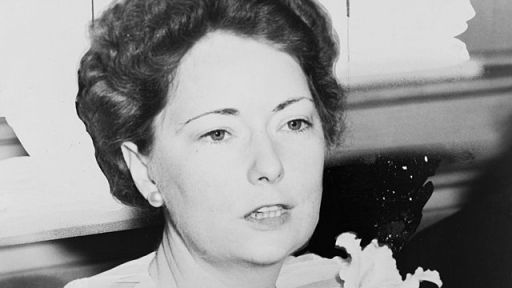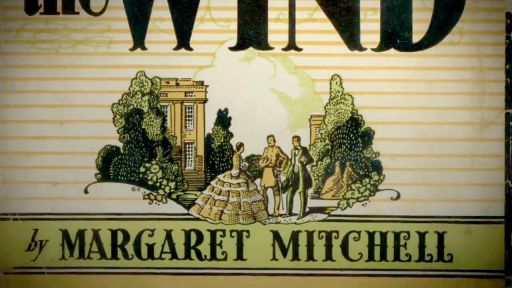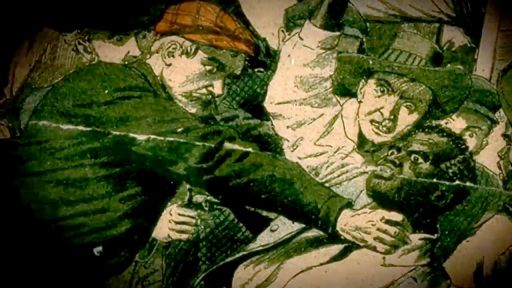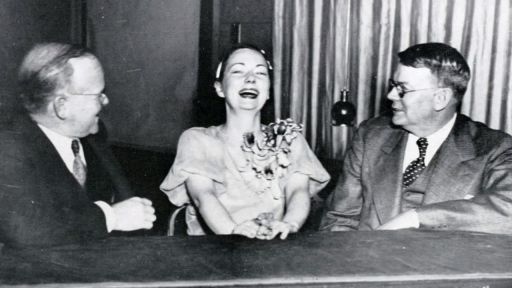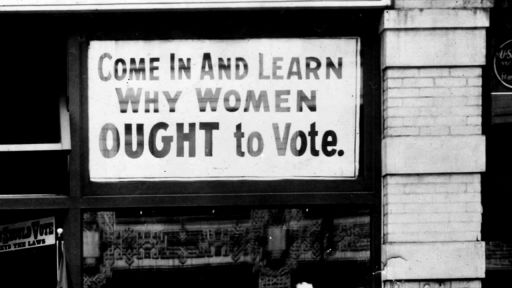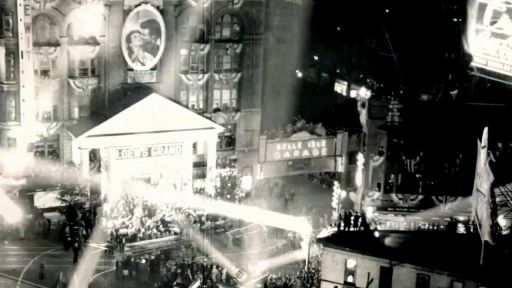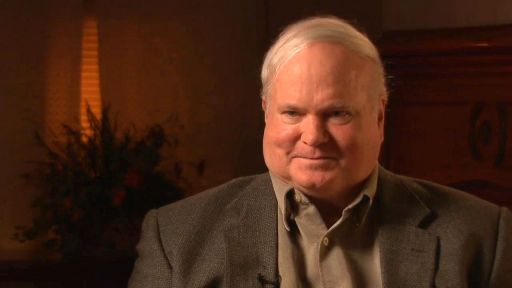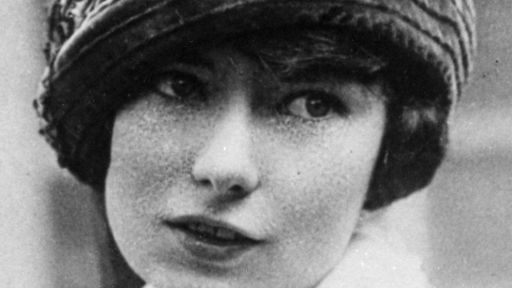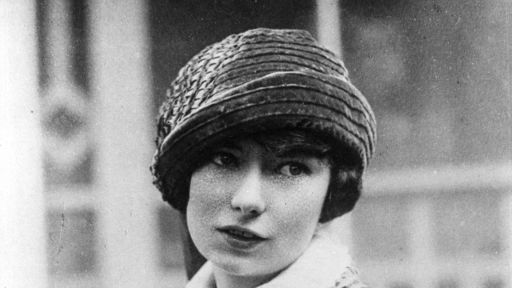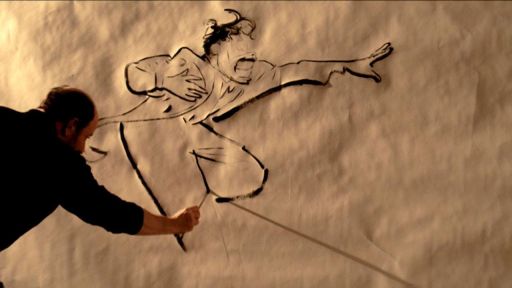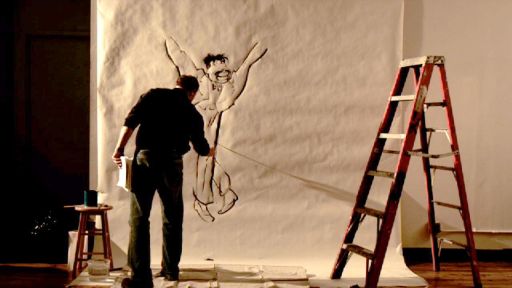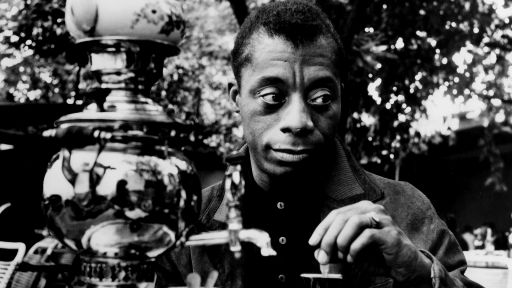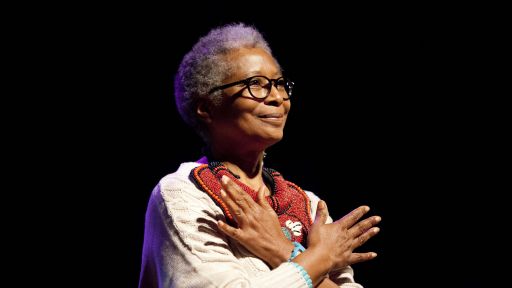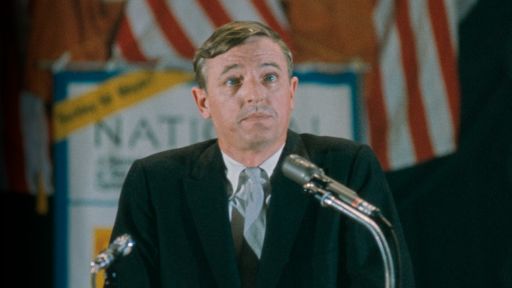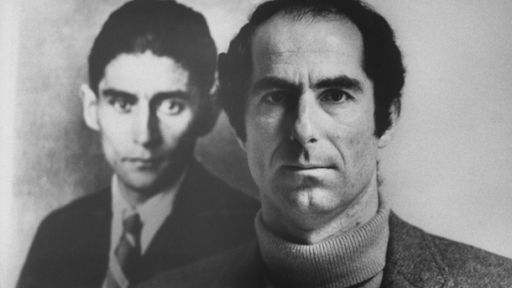As part of a segment filmed during pledge for Georgia Public Broadcasting, Pamela Roberts, director of Margaret Mitchell: American Rebel, gave an interview about her creative process and commitment to telling the true story of Gone With The Wind and the life of Margaret Mitchell. Margaret Mitchell: American Rebel premieres nationally on Monday, April 2 from 9-10 p.m. (check local listings).
Interviewer: Tell us why particularly you decided to do this documentary?
Pamela Roberts: Well, to be honest with you, I had never read Gone with the Wind, and I knew that the book was turning seventy-five years old, and I knew that I was here in Atlanta, and that I’d better read the book. So I read it, and I thought, “You know what, if anything this is better than the movie,” and that’s saying a lot!
Interviewer: That is saying a lot.
Pamela Roberts: So I got interested in who the person was that could of written such a book. And when I got into Margaret Mitchell’s life. It was an amazing journey, and I have decided that she is more interesting than Scarlett O’Hara.
Interviewer: Wow
Pamela Roberts: But I do think that only Margaret Mitchell could have created a character like Scarlett O’Hara.
Interviewer: Well you certainly are telling a powerful story, who knew how sexy she was, that she was a flapper, and that she really enjoyed life, and was a bit of a feminist.
Pamela Roberts: She was a feminist, you know, you’ve seen the fact in this documentary that her mother was a suffragist, and, basically, you know, that meant Margaret Mitchell was ahead of her time. Because she was born into, well, a family that educated her in a way so that she could understand what to do as a young women growing up in ways a lot of young women couldn’t do, so she was ahead of her time.
Interviewer: As a documentary maker you have to tell the truth, and you chose here to really delve into an area where some people might not have wanted to hear this story.
Pamela Roberts: And you are talking about the issue of race. Basically how this all began for me, is that I learned that Margaret Mitchell was secretly giving money to educate African-American doctors. It blew me away, and in a way I worked backwards, because here is a person who wrote a book that is racially polarizing, and not wanting to be in a class with a black student when she is in college. What happened in her life from the beginning of that to the end? What was the arch of change? And who knows exactly, we weren’t there with her every step of the way. But this documentary told the truth, and I got some pushback from people who said, “Don’t tell that story let’s just celebrate Gone with the Wind.” Well we don’t do that at Public Broadcasting, we have the integrity of telling like it is, what happened.
In my opinion, Margaret Mitchell, she was writing so much as a reporter that she was able then to be used to writing in a certain way, and I think that it was important for her. So I encourage people to read the columns that she wrote for the Atlanta Journal. Because a writer doesn’t come from nowhere. They have to have that time where they develop their craft and she had that chance through actually being a reporter which is very interesting. She became a great storyteller.
Interviewer: And as you have said, Pam, Margaret Mitchell was even more of a character than Scarlett O’Hara.
Pamela Roberts: She was! Pat Conroy has just said that this went on to become the most popular novel in America in the twentieth century. And it is hard to believe that it is still a best seller. It sells a quarter of a million copies each year all over the world; it has been published in a thousand editions, there are new editions coming out all the time. So there is something about what she was able to do with this story that transcends basically what most writers can do. In fact Pat Conroy told me after the interview he said, “All of us as writers wish we could have that one success.”
Interviewer: That one novel.
Pamela Roberts: It was really amazing what she accomplished.
Interviewer: Well I can tell you this documentary is surely a success.

